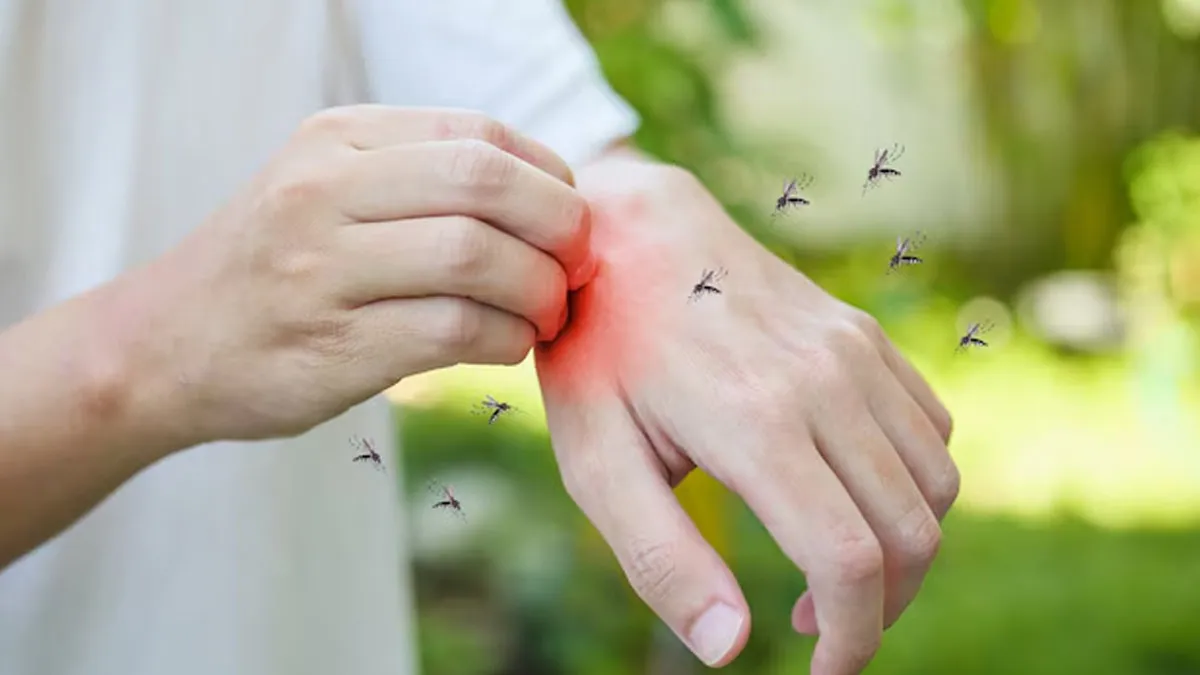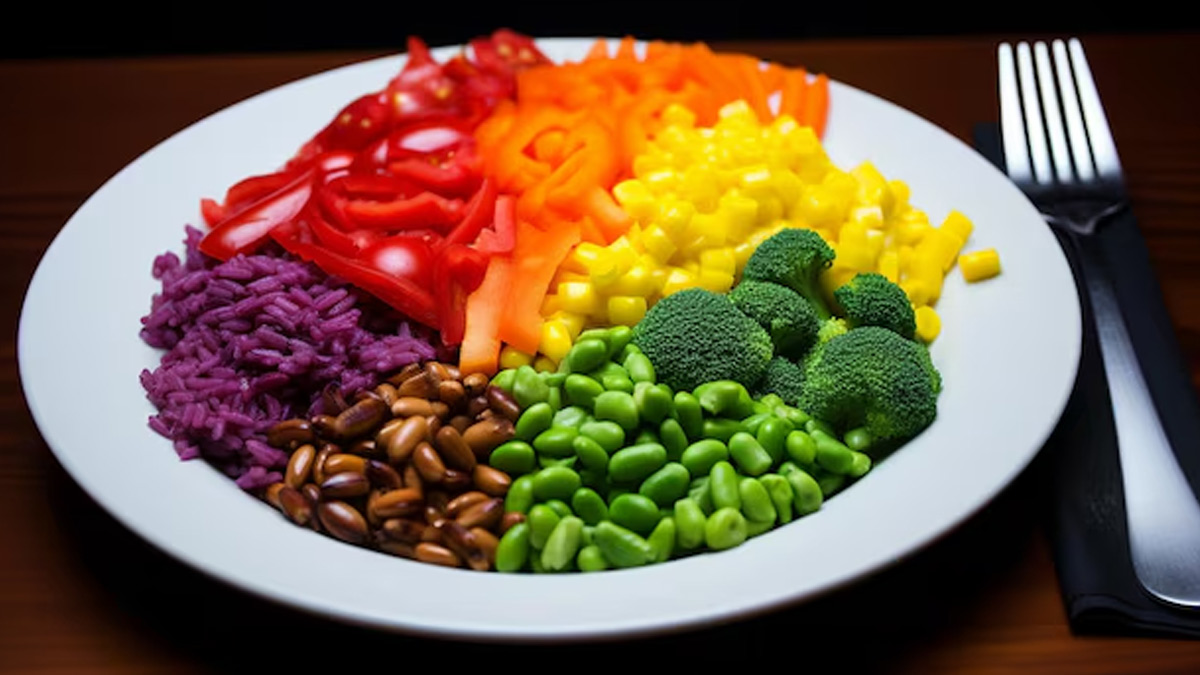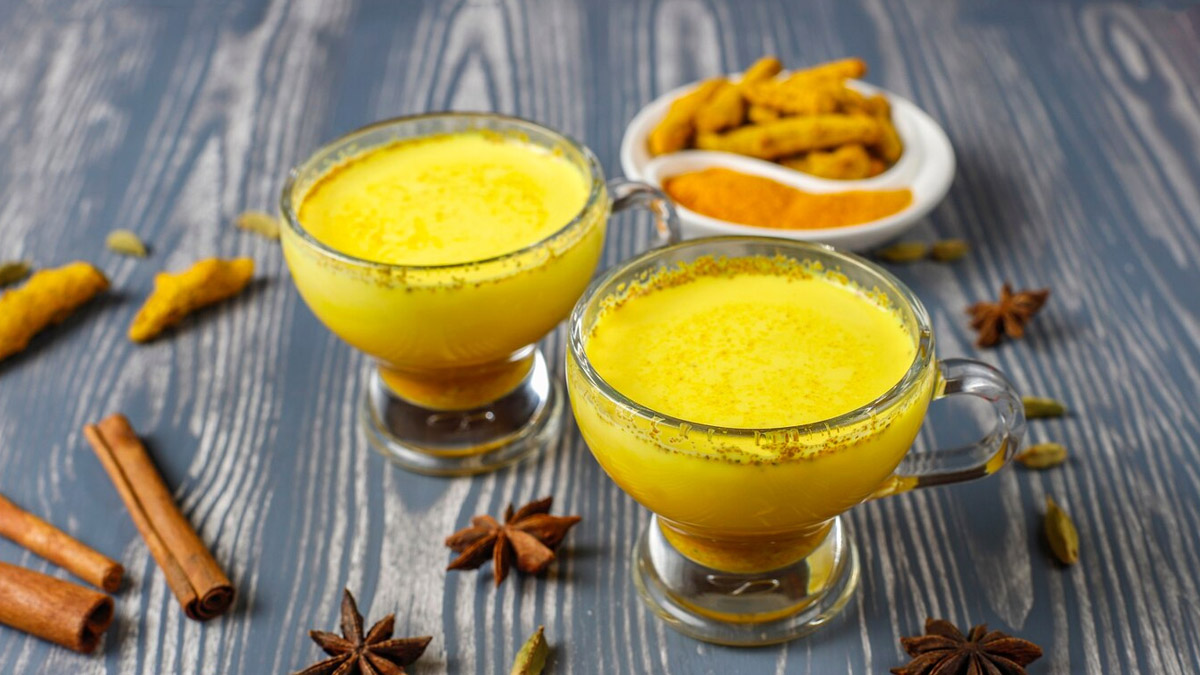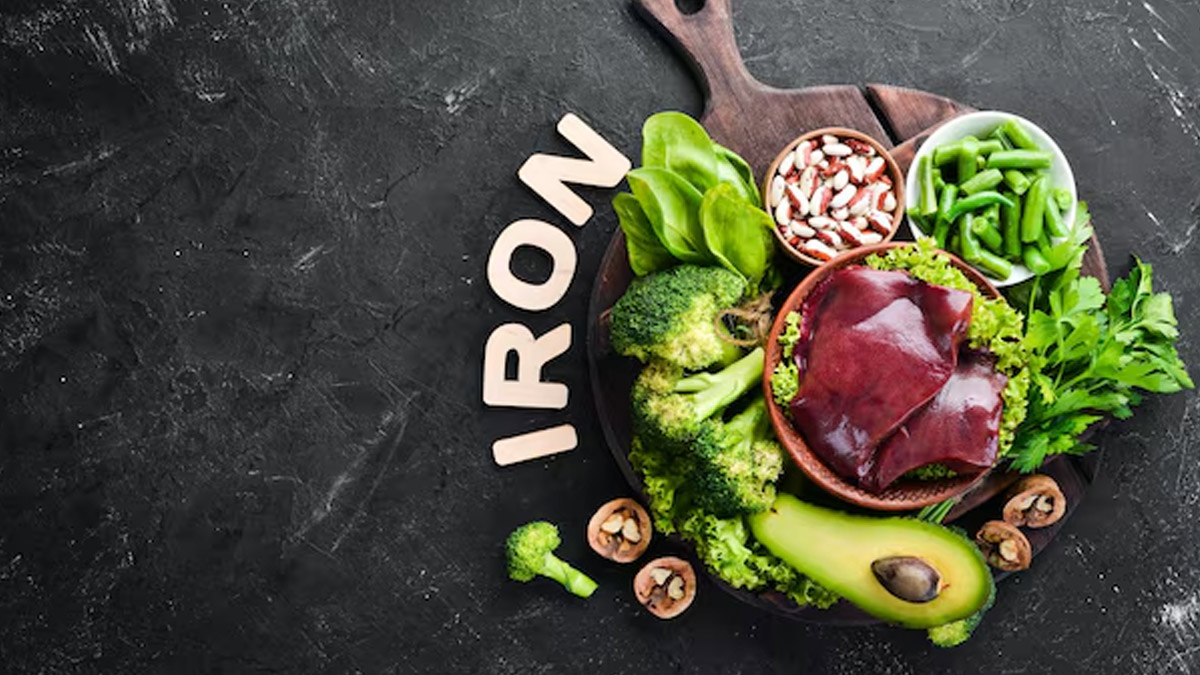
Have you ever wondered why some people fall sick during malaria season while others don’t? The difference often comes down to immunity. A sound immune system is essential for combating mosquitoes and malaria threats. While repellents and mosquito nets are crucial, what you eat also plays a significant role. Simple changes in your daily diet can help your body fight infections better and keep you feeling healthy through the season.
Table of Content:-
Dietary Tips for Staying Healthy During Malaria Season
Hydration Is A Must

Hydration is important during malaria season, especially in areas where the climate is hot and humid. Dehydration will make you feel more tired and affect how your immune cells work. Drink 8-10 glasses of water a day. You may also add fresh coconut water, buttermilk, or homemade lemon juice (with a pinch of salt and sugar) to restore electrolytes.
Power Up with Protein
Protein is crucial for building and repairing cells, including those in the immune system. Lack of protein can lower your body’s ability to fight off infections. Include a good mix of lentils (dal), chickpeas, eggs, dairy products, lean meats, fish, tofu, or paneer. For vegetarians, combining dals with rice or roti helps create a complete protein.
Also Read: Malaria’s Next Wave: Why Drug Resistance Is Making Malaria Tougher To Fight?
Load Your Plate with Coloured Vegetables

Vegetables have antioxidants and vitamins, including A, C, and E, that are important for immune function. Use seasonal vegetables like carrots, tomatoes, bell peppers, spinach, and sweet potatoes. Green leafy vegetables contain lots of iron and folate, which help the body to recover faster from infections like malaria, where weakness and anaemia are common.
Don’t Skimp on Fruits
Fruits provide natural sugars, fibre, and a burst of immunity-enhancing nutrients. Citrus fruits like oranges, lemons, and amla (Indian gooseberry) are high in vitamin C, which strengthens White Blood Cells (WBCs).
- Papaya is another great pick. It is easily digestible and packed with antioxidants.
- Bananas can be used to sustain energy if you have a poor appetite.
- Aim to consume two or more servings of fresh fruit every day. Sugary or canned packaged fruit should be avoided.
Include Immunity-Boosting Herbs and Spices

Spices and herbs, such as turmeric, ginger, garlic, tulsi (holy basil), cinnamon, and cloves possess anti-inflammatory and antimicrobial properties.
- Turmeric milk before bed can help fight inflammation.
- Tulsi tea or chewing a few fresh tulsi leaves in the morning helps build resistance to infections.
- Add grated ginger and garlic to dals, soups, or stir-fries for a flavour and health punch.
Also Read: Combating Mosquitoes Naturally: Effective Ways to Use Neem To Fight Mosquito-Borne Diseases
Limit Sugar and Processed Foods
Processed foods, refined sugars, and excess caffeine can weaken immune responses and leave you feeling sluggish. During malaria season, try to minimise:
- Packaged snacks
- Sugary drinks
- Excessive fried or oily food
Increase Iron Intake

Malaria, especially if it becomes severe, can lower your red blood cell count and cause anaemia. Eating iron-rich foods like leafy greens, beetroot, pomegranates, and dates can help. You can complement them with vitamin C-rich foods to enhance absorption. If needed, your doctor might recommend supplements.
Don’t Forget Healthy Fats
Healthy fats are responsible for facilitating the absorption of fat-soluble vitamins A, D, E, and K, which are all needed to build up your immune system. Add healthy portions of nuts, seeds, ghee, and oils, such as mustard or coconut oil to your diet.
[Disclaimer: This article contains information for informational purposes only. Hence, we advise you to consult your professional if you are dealing with any health issue to avoid complications.]
Also watch this video
How we keep this article up to date:
We work with experts and keep a close eye on the latest in health and wellness. Whenever there is a new research or helpful information, we update our articles with accurate and useful advice.
Current Version
